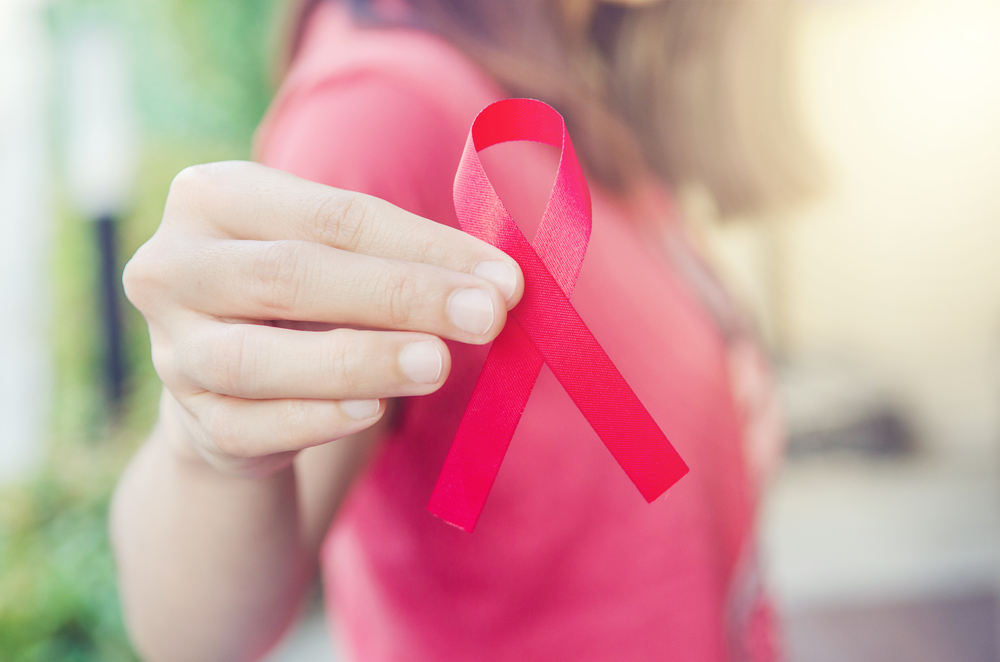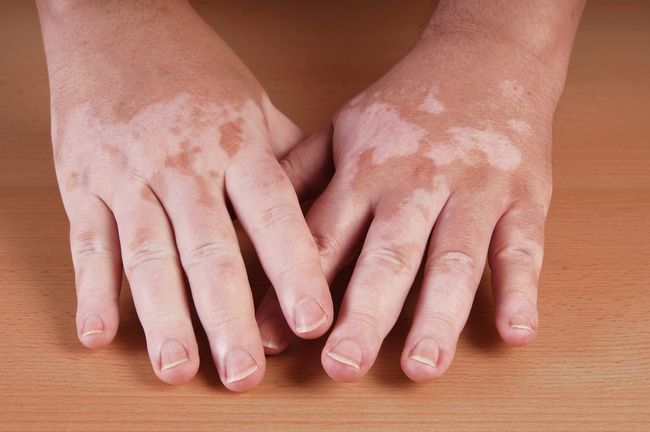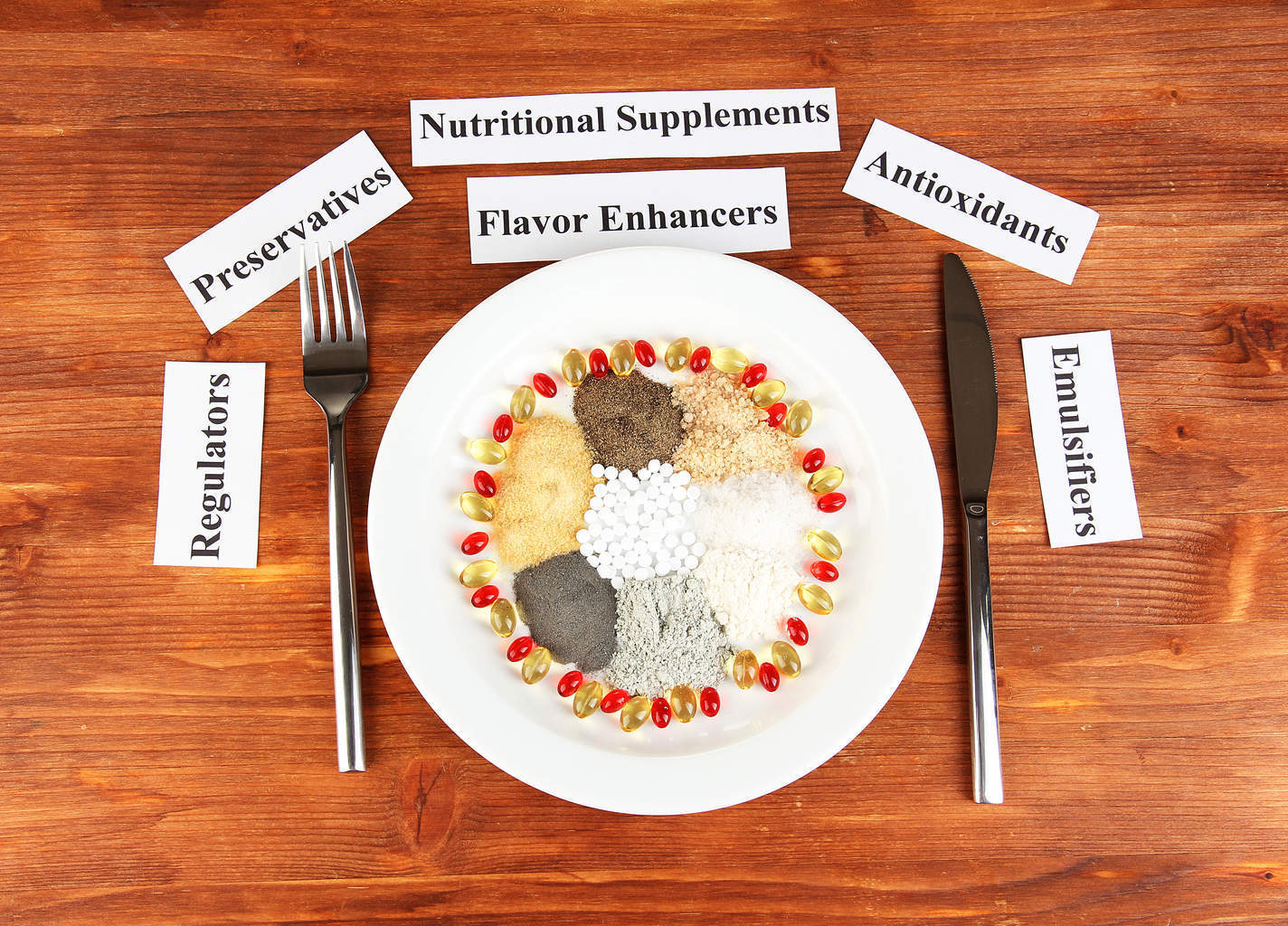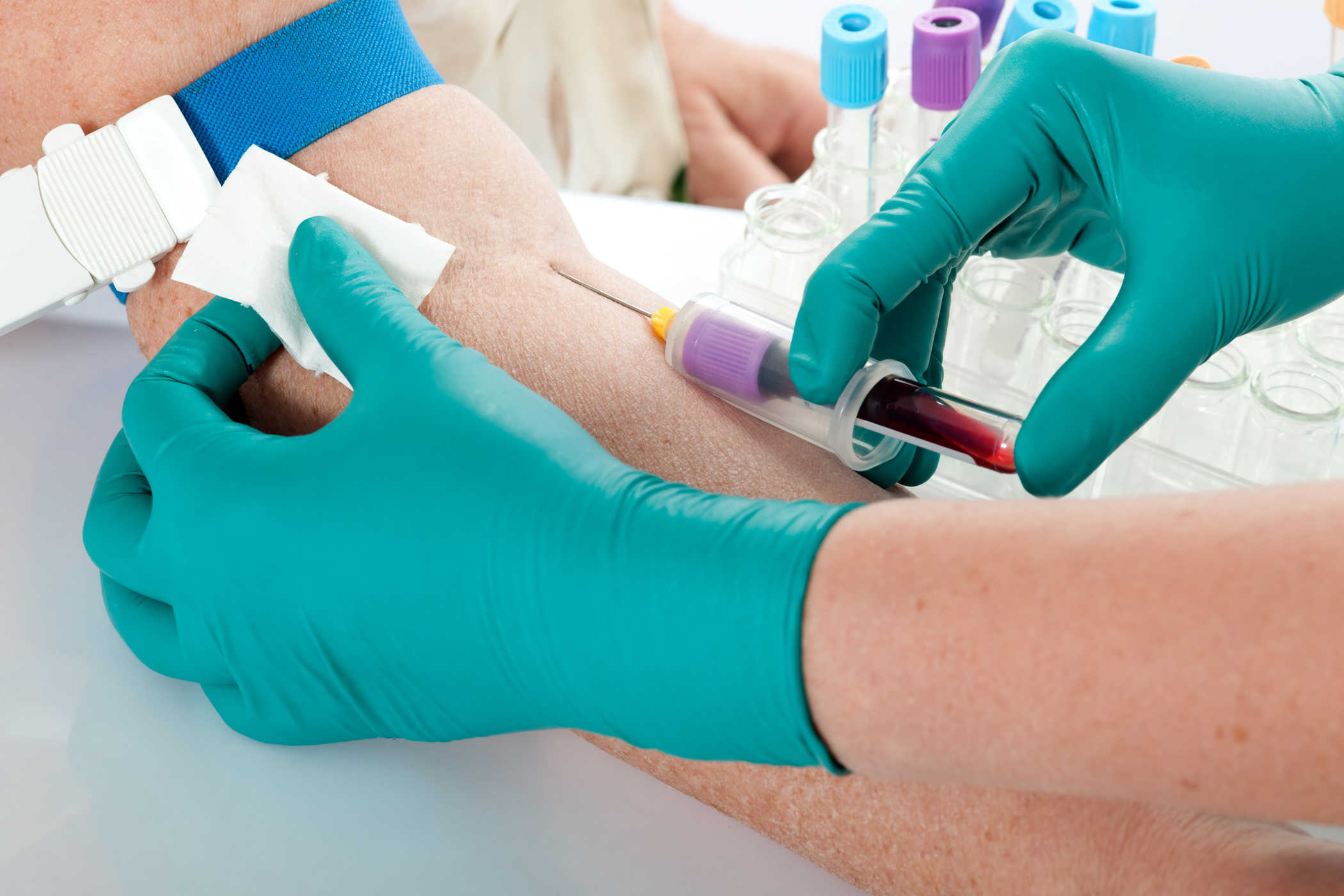Contents:
- Medical Video: Medical Animation: HIV and AIDS
- Get to know HIV / AIDS
- Is it possible for the HIV virus to spread through cloth or clothing?
- How to prevent the right way to not get HIV?
Medical Video: Medical Animation: HIV and AIDS
There are various kinds of ways to transmit HIV from the patient's body to other people's bodies. However, many people are mistaken about the problem of transmitting HIV, so that erroneous myths emerge. One of them is the myth of HIV transmitted through cloth or clothing. So, is this true and what is the explanation?
Get to know HIV / AIDS
HIV (Human Immunodeficiency Virus) is a virus that attacks the body's immune system and natural defense. Without strong immunity, the body will experience difficulty in fighting disease.
The most important part of the immune system is white blood cells, while when the body is infected with HIV, certain white blood cells called CD4 + cells will become infected and destroyed. If these cells are destroyed in large quantities, the body is no longer able to defend itself against infection.
Someone who is positive for HIV can transmit this virus in various ways. Because the virus lives in several types of human body fluids, namely blood, semen (sperm), prejaculation fluid, rectum fluid, vaginal fluid, and breast milk (ASI). So if the body fluids of people with HIV / AIDS (PLWHA) make it into your body, you risk being infected with HIV as well.
Is it possible for the HIV virus to spread through cloth or clothing?
As explained above, ODHA body fluids must get into your body, especially through the body fluids that have been mentioned, then there is a risk of transmission. Quoted from Everyday Health, HIV cannot be distributed through several things, namely:
- Touches, handshakes, hugs, and kisses with people who are HIV positive as long as people with HIV do not have open wounds or bleeding in the mouth and on the skin.
- Tears, saliva, and sweat that is not mixed with blood of HIV positive people.
- Bites of mosquitoes, fleas, or other insects that have bitten HIV sufferers.
- Live at home, sleep in bed, share toilets, borrow clothes or towels, and share eating utensils with PLWHA.
- Swim with ODHA.
Well, so HIV transmission through cloth has very little possibility. Because, HIV can only be transmitted through certain body fluids as mentioned above.
According to Dr. Beverly Sha, a professor of infectious diseases at Rush University Medical Center in Chicago, United States said that anal sex is a high risk for transmitting HIV because it allows irritation of the mucous membranes. On the other hand, despite having a lower risk, HIV can also be transmitted through oral sex. This may occur if there are mouth sores, genital wounds, and bleeding gums.
In essence, the new HIV virus will spread if the fluid from the body of an HIV patient comes into contact with damaged tissue, such as a wound on the skin or through blood left behind on a syringe.
Whereas if you touch clothes, towels or blankets that have just been worn by people living with HIV who do not have open wounds, you will not get HIV. Because the towel or cloth does not contain a virus. While if the cloth is exposed to the blood or body fluids of people living with HIV, the possibility of HIV infectious is very small. In fact, there are no examples of cases where HIV is transmitted to others through cloth.
How to prevent the right way to not get HIV?
HIV viruses are often spread by HIV positive people who do not know they have HIV. Therefore, it is important to protect yourself and others in the following ways:
- Talk with a partner. Before you have sex for the first time, you should talk to your partner and find out if he is at risk for HIV infection.
- Do safe sex. You should use a condom every time you have sex. This includes during oral sex. You must be sure that you and your partner are not infected with HIV or other sexually transmitted diseases.
- Avoid changing partners. The safest sex is done with just one partner, to avoid the risk of contracting HIV and venereal disease.
- Avoid sharing personal items. HIV spreads through the blood. Well, sharing personal items such as razors and toothbrushes that are prone to blood pressure is a risky thing. For example, when an HIV sufferer experiences a wound or bleeding gums, the blood attached to the toothbrush can then infect other people. Besides that, don't share needles with anyone.












